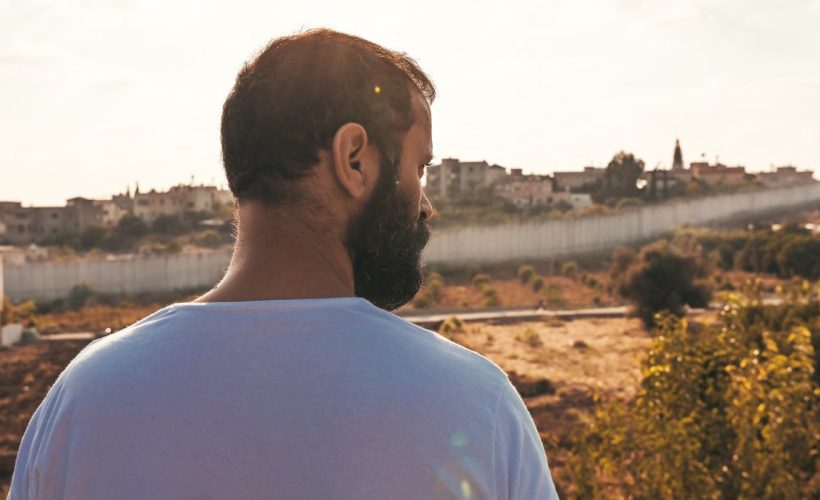Society
3.6.2024
Youyou, the story of a joyful cry

Births, weddings, shows… In Arab countries, these moments of happiness are accompanied by a shrill, high-pitched vocal practice: the youyou. A cry from the heart, or rather from the back of the throat, to express joy and excitement. Where does the youyou come from? And how do you pronounce it? Kawa News tells you all about it!
Battle cry, joyful cry
According to some ancient texts, such as Herodotus, Book IV. Melpomene, youyous were already heard in ancient Libya. This form of expression, mainly used by women, then spread throughout the Mediterranean region. Today, the youyou can be found throughout the Arab world.
It is a cry characterised by a particular rhythm, provided by the movement of the tongue. It expresses several feelings, including instant joy, pleasure and strength. According to Jean Lambert, an ethnomusicologist specialising in the music of the Arabian Peninsula, during the Algerian war women used to shout youyous to motivate the troops. “Particularly at the time of independence, when the youyou became an expression of patriotism”, explains Jean Lambert in the Arte Radio documentary Youyou. “Similarly, when certain militants were executed by the French, youyous were also heard. This clearly shows the ambivalence of the semantics of the youyou”, he adds. Even at the time of a death, youyous can be heard to pay tribute to a virtuous person during his or her lifetime.
Youyou: the technique
Is the youyou the result of an innate talent or a technique that can be learned? It’s hard to say… But there’s nothing to stop you from practising! This high-pitched cry comes from the back of the throat, and requires you to move your tongue rapidly up and down, or from right to left. The sound produced will vary. From Egypt to Algeria and Libya, every region has its own youyou. To accompany it, the hand is placed over the mouth to amplify the sound.
There are tutorials on YouTube if you want to master this vibratory art like never before!
popular

